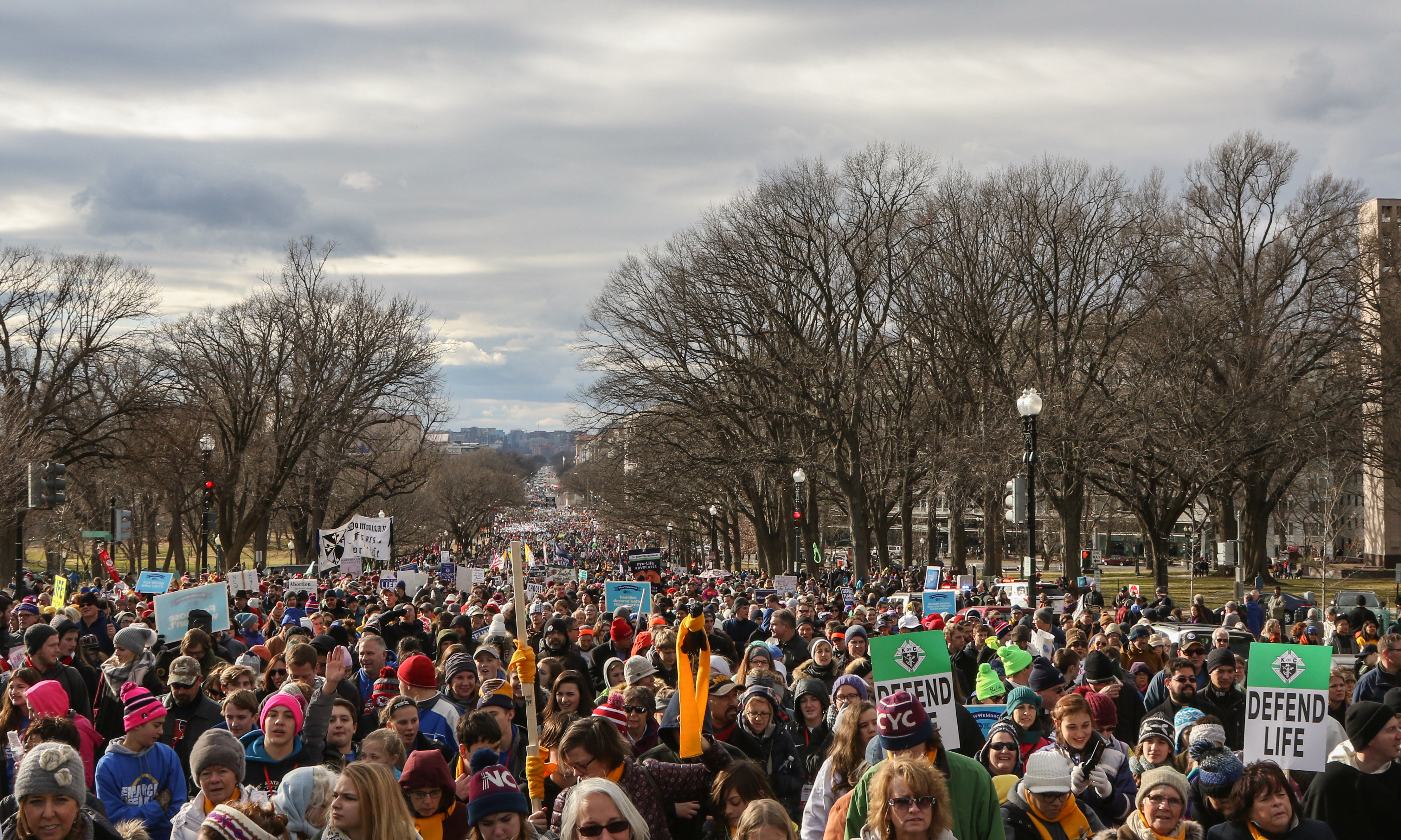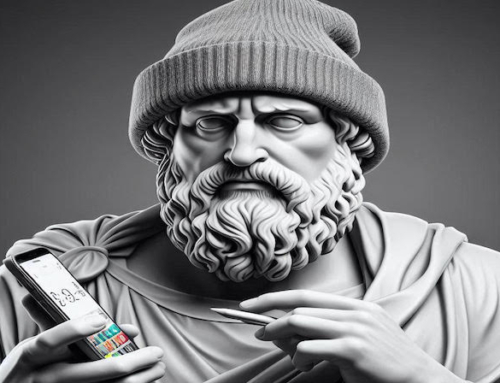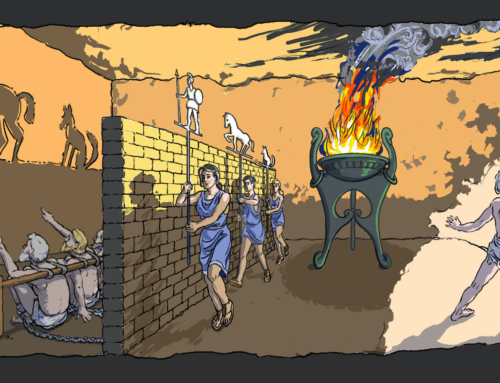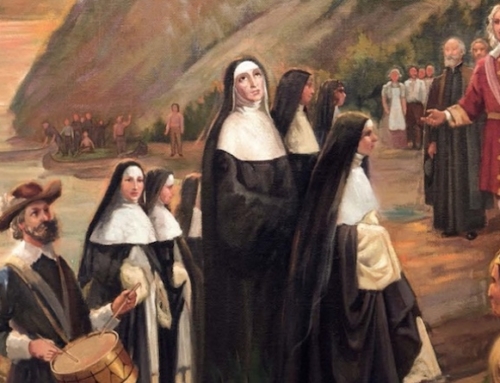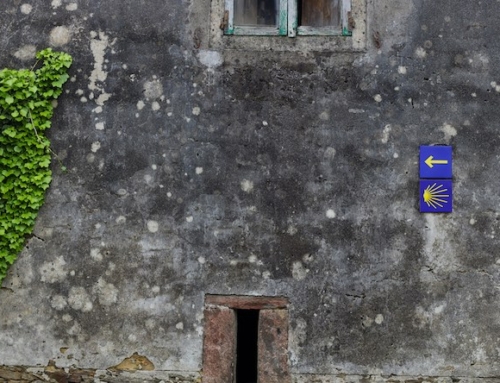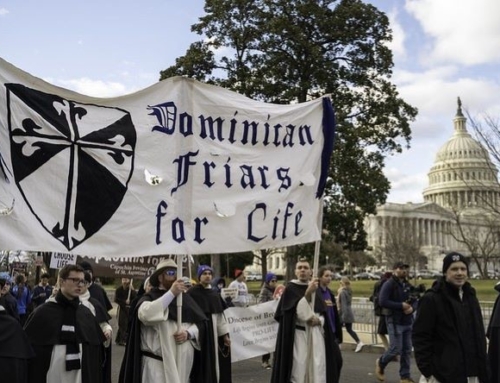Until a few weeks ago, I did not know the March for Life has a theme each year. I have attended the March several times, both before and after becoming a Dominican friar, but somehow this simple fact eluded me. This year’s March has the theme, “Unique from Day One: Pro-Life is Pro-Science,” insisting that a newly conceived child is not a part of his mother’s body but rather a distinct individual with his own personal good and his own share in the common good.
Genetic biology endorses this claim from two directions. On the one hand, a newly conceived child is genetically human. Though incapable of living independently and of performing tasks we would expect from him in twenty years, this child will grow and develop into a mature adult like the rest of us, learning to speak, to reason, to have friends, to be virtuous. On the other hand, the child is also genetically distinct, receiving half of his genes from his father and half from his mother. He is not a part of his mother’s body, despite his radical dependence upon her. He is unique, a new human being.
I must admit that the line of argumentation about unique DNA at conception has never resonated with me. I have no doubts about the presence of a full set of DNA at conception, a set observably distinct from the mother’s, but I am one of those individuals whose DNA is not that unique. My brother and I are monozygotic (identical) twins. There was only a small window of opportunity for genetic diversity to develop between us. Every human has cell-to-cell variations in DNA, and the differences between my brother’s DNA and mine would only be a little more than this cell-to-cell variation. In any case, as monozygotic twins, my brother and I were not “unique from day one” according to DNA. Metaphysics of twinning and souls aside, there was one zygote, with one set of DNA, from which two individuals would develop.
For my sake, then, allow me a hypothetical. What if, defying all odds, a mother conceives a child with DNA identical to her own? Maybe she and her husband simply share enough genetic traits for this to be possible (however unlikely), or perhaps our suggestion requires a miraculous parthenogenesis (virgin conception). Either way, my question would follow: is this child no longer unique, or is distinct DNA simply an observable trait that bespeaks a deeper reality? After all, it is not a certain sequence of DNA base pairs or genes that deserves our respect, but the human person who possesses it.
There’s a Latin adage in philosophy that translates to “action follows being.” What something is determines what it can do. The genetically distinct zygote, blastocyst, or embryo acts differently from the mother. He grows separately and receives nourishment from his mother as from a distinct being. The child does not behave like a part of the mother’s body, but like a temporary sojourner in his mother’s womb, and he acts this way from the first moment of his existence. Action follows being. In this way, the child, a human with a newly created soul and a body constituted from matter received from his parents, himself bears invisible witness to his unique personality from the very beginning. By marching today, we join him in bearing visible witness to this truth, and we urge all to recognize in each unique child, no matter how small or young, the same human dignity we share in common.
✠
Photo by Fr. Lawrence Lew, O.P. (used with permission)

